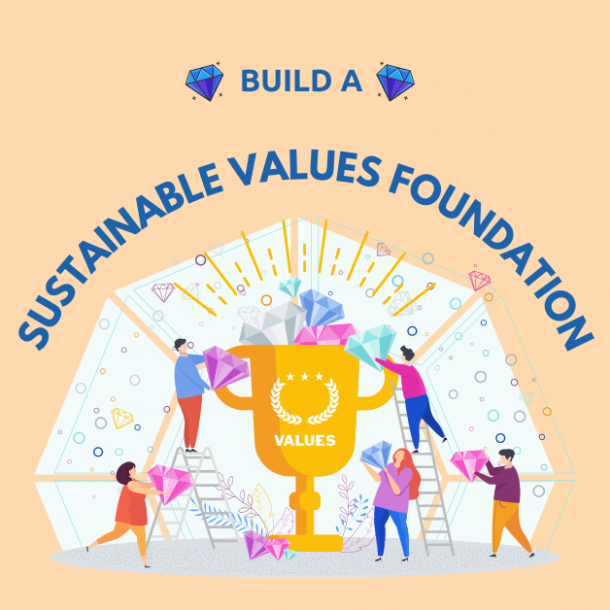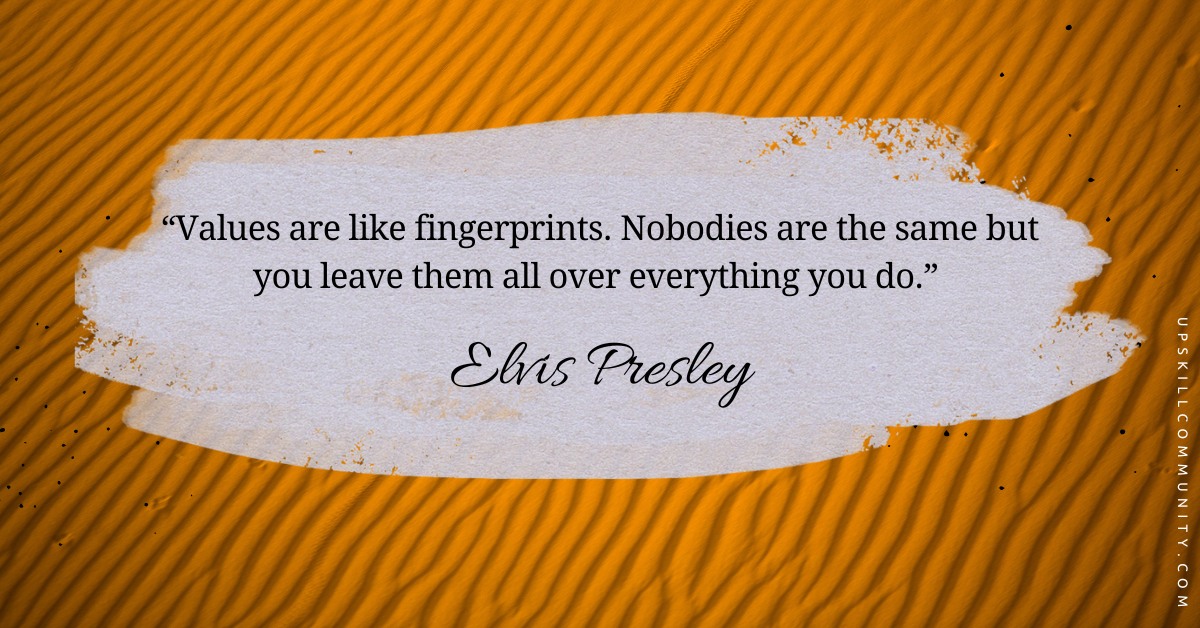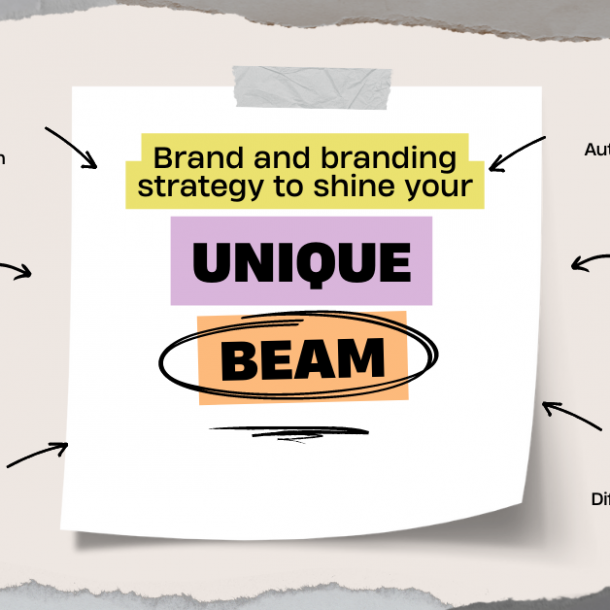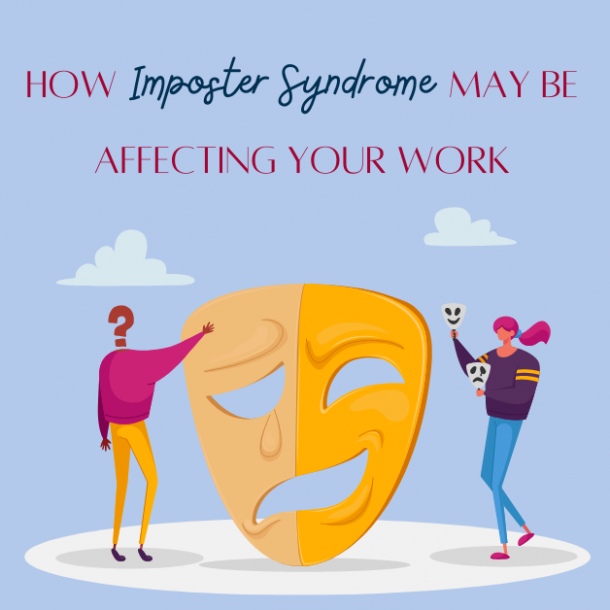
UpSkill: Align your personal and organizational values to improve results
People have values. Organizations have values. Therefore, we have to be aware of and mindful of the values of our organizations. Likewise, an organizations needs to be aware of the values of its people.
In the previous blog post we talked about core values, and I encouraged you to take time to identify your core values and ensure you are living in alignment with those values which define you at the very core.
A few summers ago I visited a friend’s farm. While seeing the horses, I noticed that although we were offering the horses food at the fence, none of the horses were coming to the fence. The grass near the fence line was much more lush and fresh than the grass in the center of the field, where the horses grazed and ate more freely.
When I asked my friend why the horses weren’t coming to the fence line, he said it was an electric fence. As the horses approached, they could feel the energy and avoided the fence due to the fear of getting shocked.
Values create a boundary maintenance system for us, our very own electric fence.
If respect is an important value for you, you will feel discomfort when you are approaching an environment where you are being disrespected.
It is very important that when we are working with others, and working in organizations, we remain aware of our values and how they impact the way we work and the way we treat each other.
An organization is the sum of its people. So it is essential for individuals within an organization to understand their own values, and the organization’s values.
They must understand how it works to form and inform what we — as individuals and as organizations — can become.
Research conducted by Pearson suggests that when individuals/employees understand and share their organizational values, three things are likely:
1. Increased engagement
2. Increased productivity
3. Reduced turnover
We are in a rapidly shifting values environment, and that’s a result of massive events like COVID-19, greater calls for social justice, and the democratization of social media providing increased exposure and scrutiny for all of us.
When our personal and professional lives are affected in significant ways, our needs change. Our values change, and sometimes our goals change.
This can happen at the individual level and the organizational level. Values and goals may need to be revisited, because they affect what we do.

At this moment in history it is important for organizations to be thinking of values in principle, but especially in practice.
When values are shifting this rapidly, this significantly, values alignment has to be in focus.
If an organization becomes unaligned with its values, we risk consequences.
1. People in our organization may feel like fish out of water, realizing they are at odds with the company and where it is going.
2. We risk using outdates values and practices, which can expose us to numerous risks in this climate of increased scrutiny.
3.We risk what the Society for Human Resource Management calls a “turnover tsunami” as individuals reflect on their goals and shift out alignment with organizations.
Organizations must remain agile. Shifting, reflecting, revising, changing to stay in alignment with people and the current climate.



